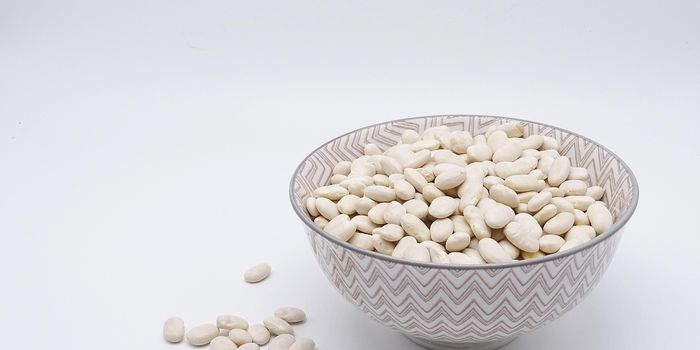Triple Drug Combo Extends Fruit Fly Lifespan
A study published in the Proceedings of the National Academy of Sciences (PNAS) suggests that a triple drug combination can extend the lifespan of a fruit fly (Drosphila) by 48%. "As life expectancy increase, we are also seeing an increase of age-related diseases so there is an urgent need to find ways to improve health in old age," said the study's co-lead author, Dr. Jorge Castillo-Quan, who began the research at the UCL Institute of Healthy Ageing before moving to Joslin Diabetes Center, Harvard Medical School.
Learn more about the Drosophila life cycle:
These drugs include lithium as a mood stabilizer, trametinib used for cancer treatment and rapamycin used to regulate the immune system—all of which act on different cellular ageing pathways. Decision upon choosing these drugs were a result of preliminary evidence in mice, worms, and cells, and observational findings in people.
"Here, by studying fruit flies which age much more rapidly than people, we have found that a combination drug treatment targeting different cellular processes may be an effective way to slow down the ageing process,” adds Dr. Castillo-Quan. "Previous studies in fruit flies have achieved lifespan extensions of about 5-20%, so we found it was quite remarkable that this drug combination enabled them to live 48% longer.”
Findings showed, that in particular, rapamycin has undesirable effects on fat metabolism which is similar to insulin resistance in people. However, lithium has cancelled out these effects when these two drugs were given together.

"There is a growing body of evidence that polypills -- pills that combine low doses of multiple pharmaceutical products -- could be effective as a medication to prevent age-related diseases, given the complex nature of the ageing process. This may be possible by combining the drugs we're investigating with other promising drugs, but there is a long way to go before we will be able to roll out effective treatments,” says principal investigator and Professor Linda Partridge (UCL Institute of Health Ageing and Max Planck Institute for Biology of Ageing).
Source: Science Daily








